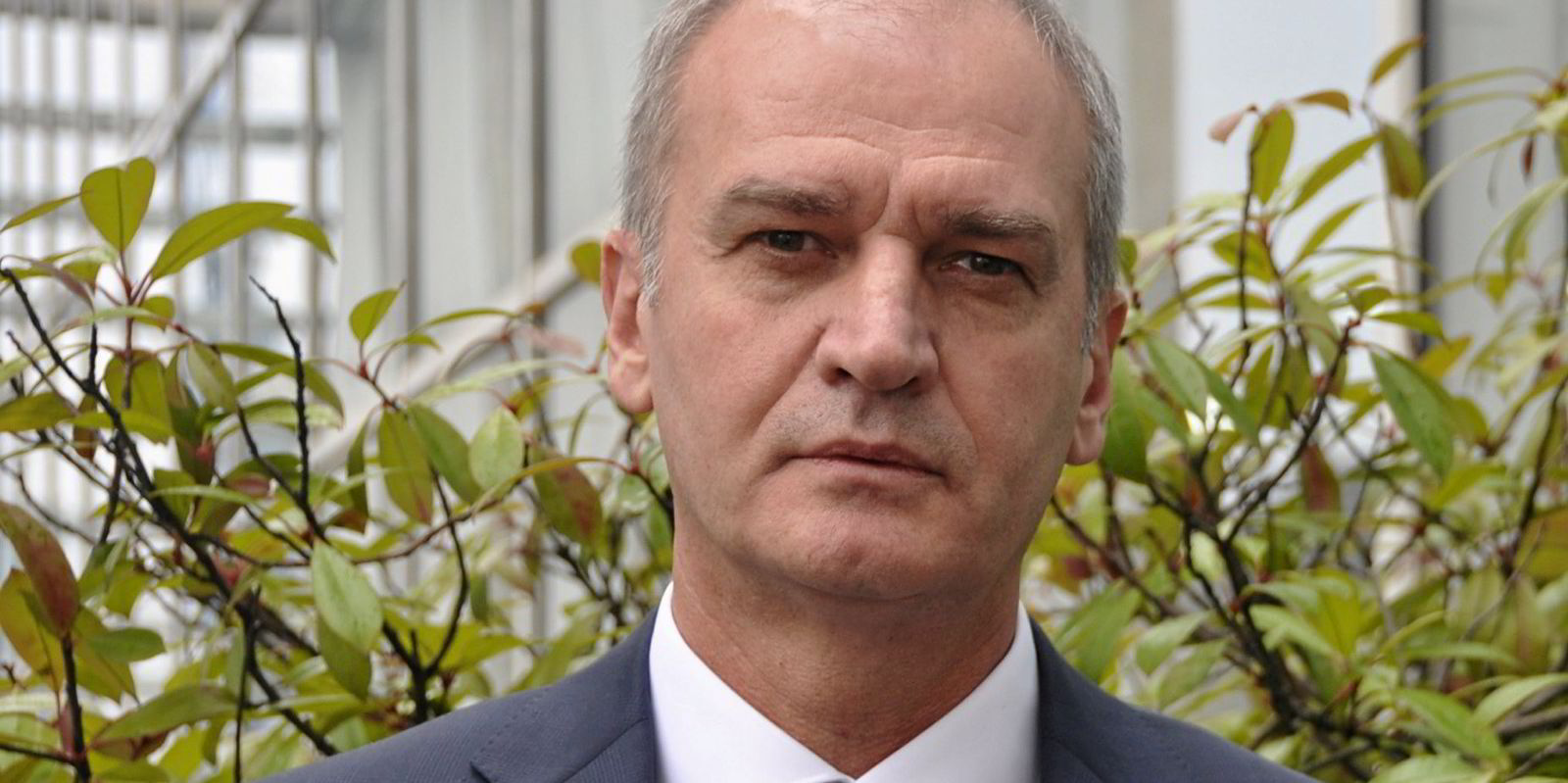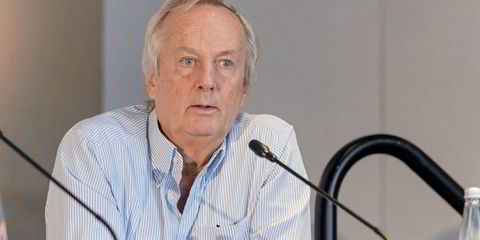The Swedish Club, one of the 12 members of the International Group of P&I Clubs, says it faces a thirtyfold increase in paperwork to satisfy new demands of the Russia oil price cap.
The club’s legal director, Malin Hogberg, said guidance that came into force in February tightened the rules surrounding documents that shipping players need to provide to show they are hauling Russian oil below the price cap.
From December 2022, shipowners had to supply one attestation document a year to show they were adhering to price cap rules. Since February, one is required for every voyage.
“If the trading levels of 2023 are maintained, that means a 30-fold increase in the number of attestations that the Club must collect in 2024,” said Hogberg in the annual report.
“If the attestation is not provided within 30 days of loading the cargo, we are not allowed to provide cover.”
Hogberg is also chair of the International Group’s sanctions committee.
The group represents about 87% of oceangoing tonnage, but it told a UK parliamentary inquiry this week that 800 tankers had left its clubs because of the increasingly demanding rules of the price cap.
G7 shipping and insurance interests are allowed to haul Russian oil, but only if cargoes are sold for less than $60 per barrel for crude and $100 or $45 per barrel for refined products.
As the oil price surged globally, Western shipping and insurance interests have been forced out of the trade. A “shadow fleet” of tankers operating outside of G7 jurisdictions now hauls the majority of Russian oil.
The largest customers of Russian crude are China and India, which do not recognise the G7 sanctions regime or the price cap.
Widespread evasion of the cap prompted the G7 countries to tighten measures surrounding the attestation process, including documents for every voyage and ship-to-ship transfer. Extra due diligence checks were also demanded.
But the International Group told a UK parliamentary inquiry that started hearings this week that the attestation programme was flawed and potentially exposed the clubs, owners, operators and charterers to breaches of the caps.
The Swedish Club’s managing director, Thomas Nordberg, said sanctions had dominated geopolitical business decisions for the past two years.
“We have been investing in additional resources during the past year to ensure we have the required capacity to handle the growing workload and tasks associated with sanctions,” he said.
“It is vital for the club to ensure we are fully compliant with sanctions, and the consequences for any failures in this respect can be very serious.”
The Swedish Club, one of the smallest of the 12, announced in March a $30m end-of-year profit with a combined ratio of 102%. Its free reserves increased from $150m to $184m.
Read more
- Exodus: 800 tankers exit P&I clubs as insurers slam ‘unenforceable’ Russia price cap
- Frontline CEO Lars Barstad sees bonus double as pay packet swells to over $2m
- US lifts sanctions on Yasa tanker after company appeal over price cap action
- EU ready to sanction North Korean ships delivering arms to Russia
- Inside the ‘gold rush’ of Russian oil shipments where one voyage can cover a year’s income






